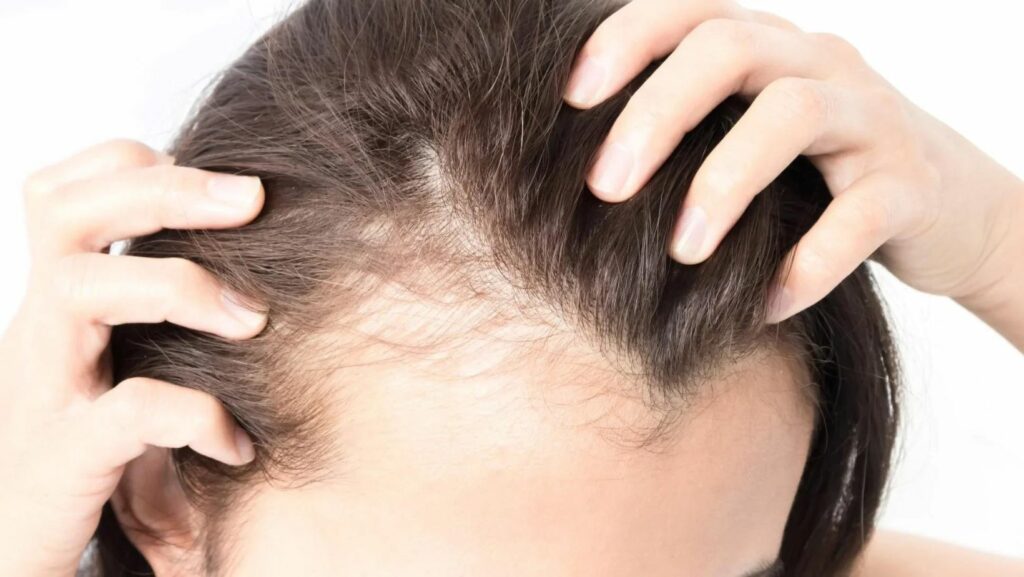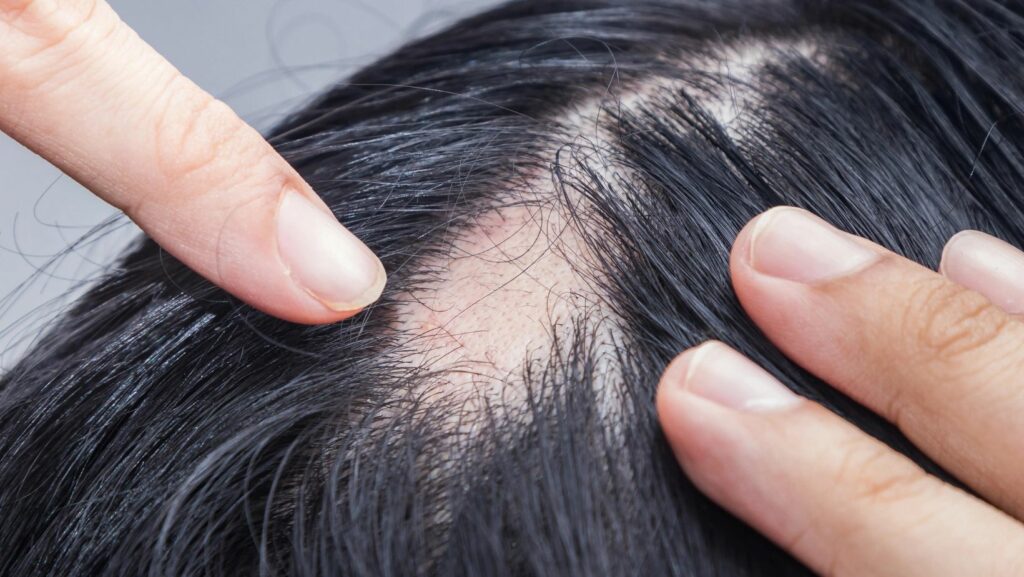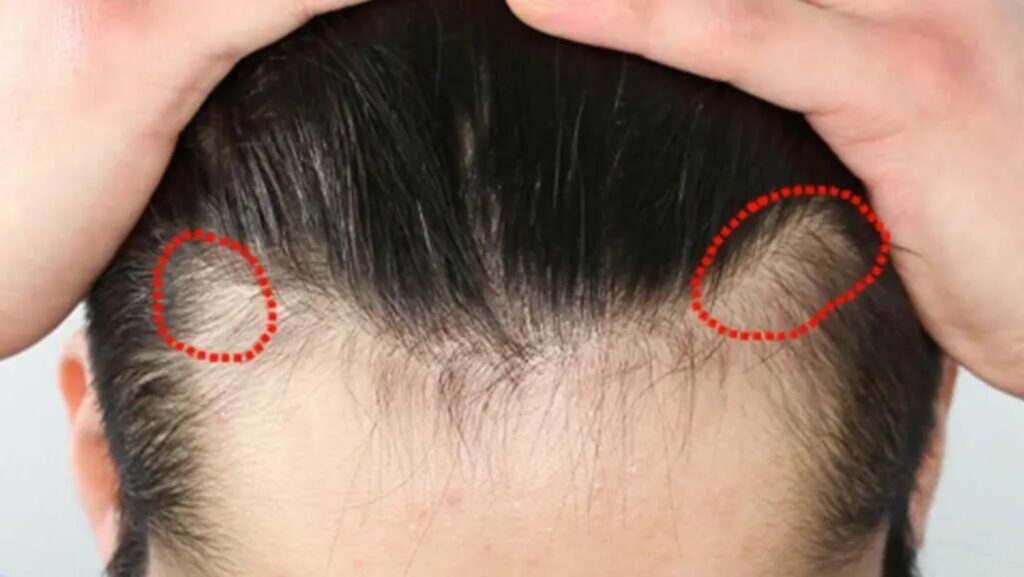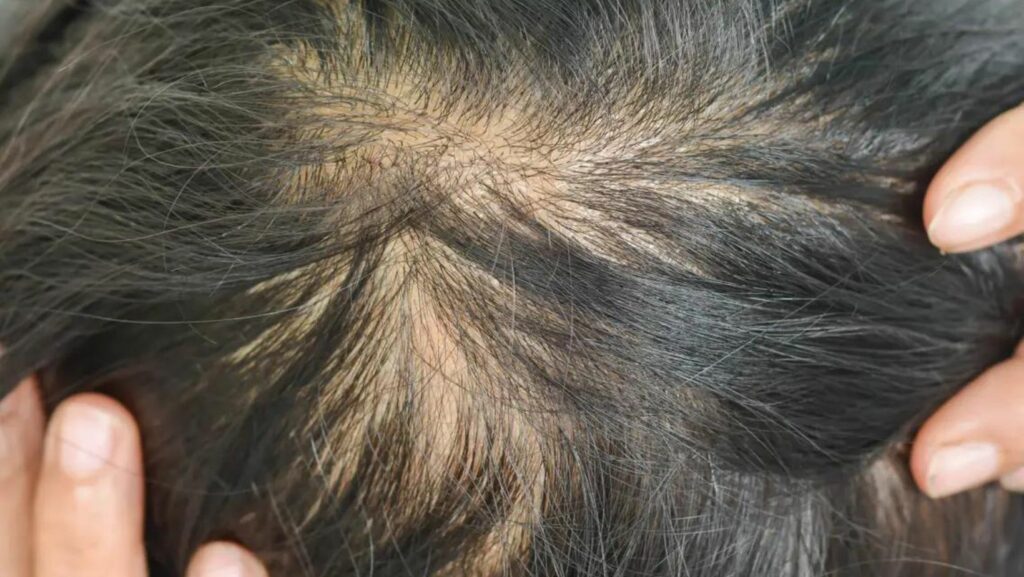Dry Shampoo Hair Loss
As someone who’s deeply into hair care, I’ve often heard concerns about dry shampoo hair loss and its potential link to hair loss. Let’s delve into this topic with a critical eye and see what the facts really are.

Dry shampoo has become a staple for many looking to extend the time between washes while keeping their hair looking fresh. However, questions have arisen regarding whether the prolonged use of dry shampoo can lead to hair thinning or loss.
There’s a lot of buzz around the idea that excessive use of dry shampoo may clog hair follicles, leading to weakened strands and potential fallout. Today, we’ll explore these claims further and separate fact from fiction when it comes to dry shampoo hair loss and hair health.
Understanding Dry Shampoo and Hair Health
When it comes to hair health and the use of dry shampoo, there are important factors to consider. As someone who’s passionate about hair care, I’ve delved into the effects of dry shampoo on our locks. Let’s explore how this popular product can impact our hair.

Dry shampoo is a convenient solution for refreshing hair between washes, absorbing excess oil and adding volume. However, over-reliance on dry shampoo may lead to scalp issues such as clogged pores, irritation, or even hair loss. It’s crucial to strike a balance in usage to maintain a healthy scalp environment.
As I’ve researched this topic extensively, studies have shown that frequent use of dry shampoo can disrupt the natural pH balance of the scalp. This imbalance may weaken hair follicles over time, potentially contributing to increased shedding or thinning. Understanding these potential effects is essential for those who incorporate dry shampoo into their regular hair care routine.
Incorporating occasional clarifying shampoos into your regimen can help remove buildup from styling products like dry shampoo. By alternating between traditional washing and dry shampoo application, you can minimize the risk of any adverse effects on your scalp and hair health. Remember, moderation is key when it comes to maintaining a healthy scalp and luscious locks!
Exploring the Link Between Dry Shampoo and Hair Loss
When it comes to the relationship between DRY SHAMPOO and HAIR LOSS, there has been a buzz in the beauty world about potential connections. Many people swear by dry shampoo for its convenience and oil-absorbing properties, but some have raised concerns about its impact on hair health.

The Science Behind It
- Clogging Pores: Dry shampoo can build up on the scalp over time, potentially clogging hair follicles and leading to issues like hair thinning or even hair loss.
- Chemical Ingredients: Some dry shampoos contain harsh chemicals that may irritate the scalp, disrupt natural oil production, and weaken hair roots.
User Experiences
- Mixed Reviews: While some users claim that regular use of dry shampoo has damaged their hair and led to increased shedding, others report no negative effects.
- Overuse Concerns: Over-reliance on dry shampoo without proper cleansing could contribute to a less healthy scalp environment, which is crucial for robust hair growth.
Professional Insights
- Dermatologists’ Views: Dermatologists suggest using dry shampoo in moderation and ensuring it’s thoroughly removed with regular washing to prevent residue buildup.
- Hair Care Balance: Maintaining a balance between convenience (using dry shampoo) and proper hair care practices (regular cleansing) is key to minimizing any potential adverse effects on your locks.
As we delve deeper into this topic, understanding individual differences in how our scalps react to dry shampoo is essential. Keeping an eye on your scalp health while enjoying the convenience of dry shampoo can help you strike a balance that works best for maintaining healthy locks.
In wrapping up our discussion on the topic of dry shampoo and its potential link to hair loss, it’s important to consider various factors that may contribute to this concern. While dry shampoo is a convenient solution for extending time between traditional washes, overuse or improper application could potentially impact the scalp health and hair growth.

